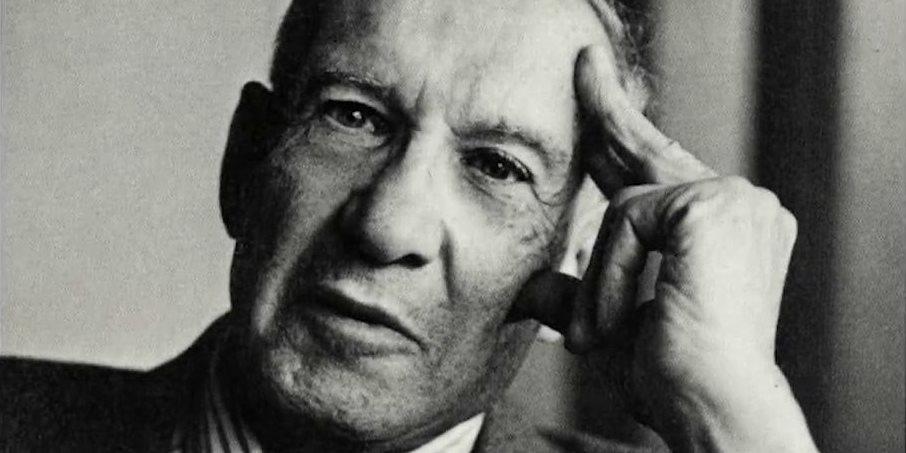Peter Drucker lessons
Peter Drucker lessons are valuable at any time. He is known as the founder of modern management and wrote 39 books. His insights are relevant in any economic cycle.
Although he is not with us now in this pandemic, his wisdom is. So who better to advise us how to get through tough economic times than Peter Drucker?
Here are 8 Peter Drucker lessons on management in tough times.
#1. “The means of production is knowledge, which is owned by knowledge workers and is highly portable.”
A knowledge worker is someone who uses or handles information. According to Peter, knowledge workers provide “capital” for a company. And are as valuable as those who provide the money. During this pandemic, the knowledge worker has learned how to provide value remotely with digital access to others. It is knowledge workers that are going to bring companies back. And their skills are portable.
#2. “The manufacturer will cease to be a seller and instead become a buyer for the customer.”
According to Deloitte, during an economic slowdown, consumers become more selective and more skeptical about the ability of big brands to keep their promises. As a result, customers prefer to “pull” information rather than have businesses “push” it on them. Companies that understand their customer’s buying journey and give them the information they want, when they want it, are going to succeed faster than those who feel the need to pitch them.
Peter Drucker lessons #3. “A growing number of people who work for an organization will not be full-time employees but part-timers, temporaries, consultants, or contractors.”
The benefits of this type of work force to a company is:
- Get the skills you need with a limited budget.
- Get the experience that you’re struggling to attract.
- Improve diversity and enhance your workforce.
- Part-time staff can make businesses more agile.
- The part-time staff helps employers support over-stretched work.
- Operate at a cost that is easier to control based on the revenue coming in
This type of organization is likely to emerge more often because it will show progress and profitability faster.
#4. “There are few unique technologies. Increasingly, the knowledge needed in a given industry comes out of some totally different technology.”
McKinsey research found that a significant amount of retail activity can be automated using technology. This is because automation, data, and connectivity are changing the nature of work. And the total number of connected devices is predicted to rise from fewer than 27 billion in 2019 to more than 75 billion in 2025. The path forward will require industrial companies to reimagine their operations with tech at the center.
#5. “The American record suggests not human failure but systems failure. Top management in big organizations needs a new concept.”
Rita Gunther McGrath, a professor at the Columbia Business School, suggests that management has gone through three eras – execution, expertise, and empathy. McGrath suggests the new concept that management in big organizations needs, especially now, is to emphasize with customers and staff and create good customer experiences. An approach that relies on empathy is most likely to guide us through tough times.
Peter Drucker lessons #6. “Task of top management will be to balance the three dimensions of the corporation: as an economic organization, as a human organization, and as an increasingly important social organization.”
Harvard Business Review says every organization has a social dimension. The challenge is that the social dimension is not accurately reflected in either the organization’s hierarchy or its process flow. To create a better business, leaders have to create a future where customers, associates, and suppliers are no longer seen as objects in the system but as valued sources of innovation, ideas, and energy. And to tap into their creativity, knowledge, and experience.
#7. “Shareholder sovereignty is also bound to flounder. It is a fair-weather model that works well only in times of prosperity.”
Companies that make decisions to please shareholders are going to have the hardest time in a recession. From the Peter Drucker lessons above, we learn management has to stay close to customers and staff, less so to shareholders who are there to prosper in good times and be critical in tough times.
Peter Drucker lessons #8. “The best way to predict the future is to create it.”
The last of Peter Drucker lessons is his most inspiring. It means the best way to know what is coming is to be an active participant. By creating your future, you are an active player in the events as they unfold. By knowing what you want, and what you are willing to do to get it, you shape what the future holds.
Do the Peter Drucker lesson make sense to you? Are you using applying any of these lessons now?

